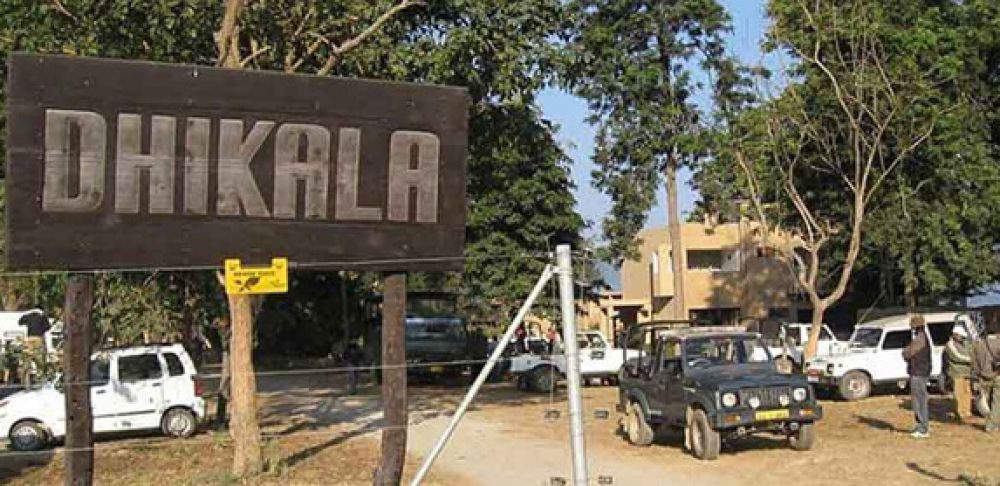

The Dhikala Zone of Jim Corbett National Park in Uttarakhand, India, is one of the most sought-after destinations for wildlife enthusiasts from across the globe. The park, named after the legendary British hunter turned conservationist, Edward James Corbett, marks the inception of Project Tiger in India to protect the most iconic species - the Bengal tiger. Jim Corbett National Park is the oldest national park in India, established in 1936 as Hailey National Park and later renamed in honor of Jim Corbett.
Tourism in the Jim Corbett National Park, and specifically in the Dhikala Zone, began to gain popularity in the latter half of the 20th century. The allure of the dense Sal forests, the vast grasslands known as the Chaurs, and the abundant wildlife drew visitors to this remote region. As the park’s reputation for its biodiversity and stunning landscapes grew, the Indian government implemented measures to regulate and promote eco-tourism.
In order to experience the magic of Dhikala, tourists are required to stay overnight within the zone's forest lodges. The Dhikala Forest Lodge, managed by the forest department, offers basic but comfortable accommodation. The chance to spot a diverse array of wildlife including tigers, elephants, spotted deer, and a variety of birds makes Dhikala a prime spot for safari adventures.
Dhikala offers panoramic views of the valley, with the Ramganga River meandering through it. The zone is hailed for having the park's most diverse wildlife and the stunning landscape that provides a perfect habitat for animals and birds. As a result, Dhikala has become synonymous with wildlife photography and bird watching.
Recently, tourism in the Dhikala Zone has become more aware of sustainability and conservation principles. Safaris are carried out in a controlled manner to mitigate human impact on the delicate ecosystems of the park. Visitors are now often educated on the importance of environmental conservation during their stay, ensuring that they take away not only photographs but also an awareness of the need to protect such precious natural habitats.
Electronic vehicles are a newer addition to the park's efforts in promoting eco-friendly tourism. The introduction of silent, non-polluting e-vehicles for safaris promises a more intimate encounter with wildlife without disturbing them with engine noise.
Access to Dhikala is through the Dhangari gate, which remains open to tourists from November 15 to June 15, depending on the weather. The best time to visit Dhikala is from mid-November to June, with peak wildlife viewing opportunities in the summer months when animals frequently come out to waterholes.
Note: Travelers are advised to book their safari and accommodation well in advance due to the high demand and the limited number of visitors allowed each day.
Rich in history and alive with the echoes of the wild, the Dhikala Zone of Jim Corbett National Park continues to be one of the most enchanting and exhilarating destinations for nature lovers and adventurers alike.